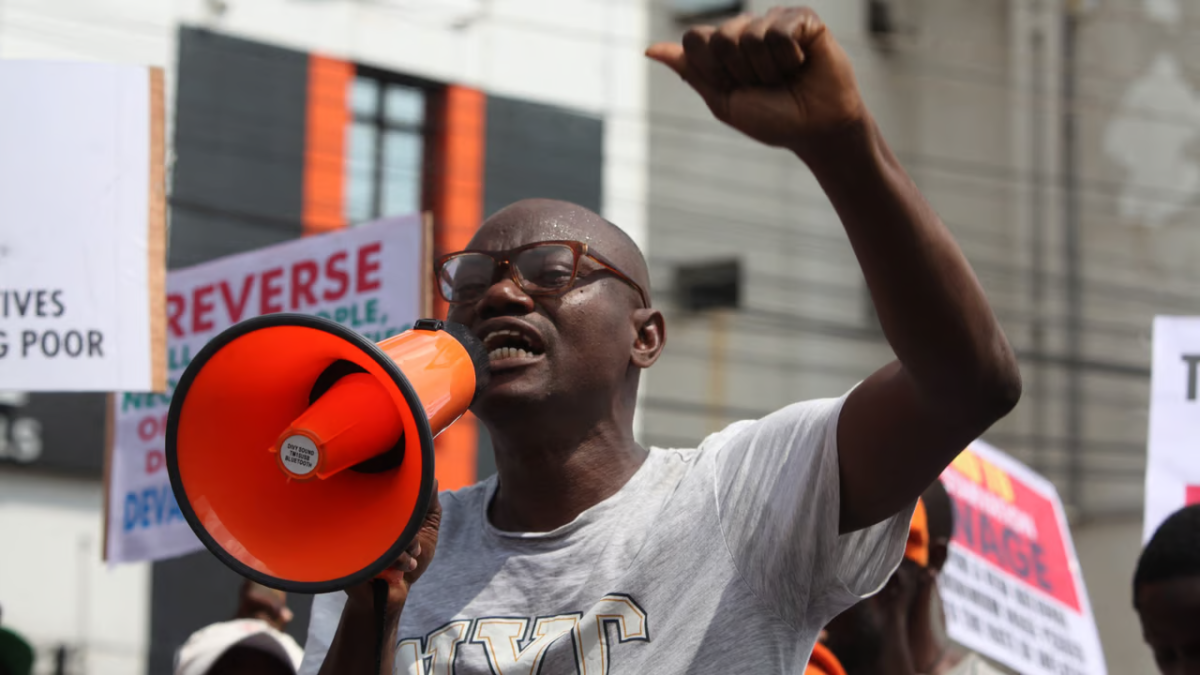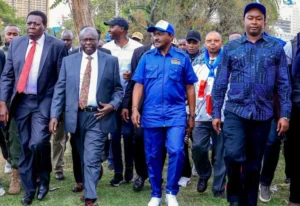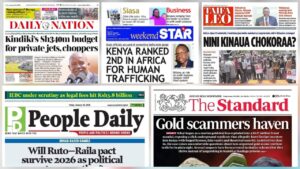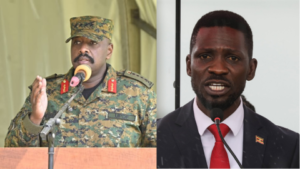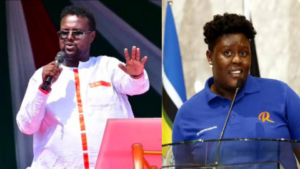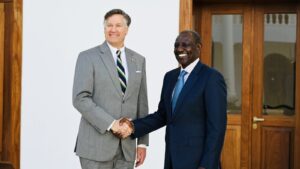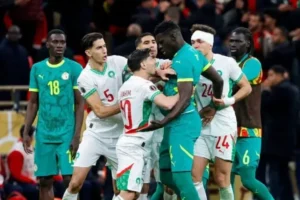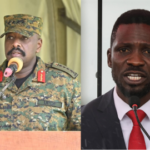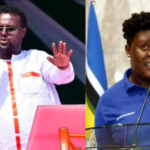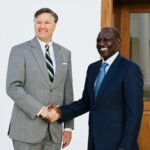In recent years, African countries have made noteworthy steps in shifting towards democratization and emphasizing the powers of democratic institutions.
Despite many countries moving away from authoritarian rule and bolstering multi-party elections and political participation, these strides have been overshadowed by challenges particularly the prevalence of post-election violence, which disrupts democratic progress and raises questions about political stability in the region.
Mozambique for instance is currently grappling with post-election violence, which has claimed 11 lives so far according to Human Rights Watch, as the police try to quell violent protests after a disputed presidential election this month.
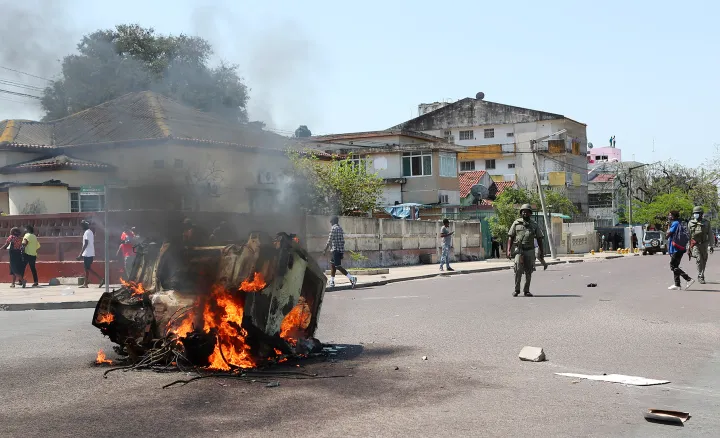
Protests erupted after Daniel Chapo, candidate of the ruling Frelimo party that has held power since 1975, was announced winner of the October 9 election. Over 50 people suffered serious gunshot wounds on October 24 and 25 and eight police have been injured so far.
In the past decade, post-election violence has frequently marred Africa’s electoral landscape, manifesting in varied forms and intensities across different nations.
Key examples include Kenya (2017), Ivory Coast (2010), Ethiopia (2020), and Nigeria (2019), each highlighting unique yet interconnected patterns of political instability, ethnic tensions, and mistrust in electoral processes.
In Kenya’s 2017 election, for instance, opposition leaders and their supporters contested the credibility of the election results, citing electoral irregularities and accusing the electoral commission of partiality.
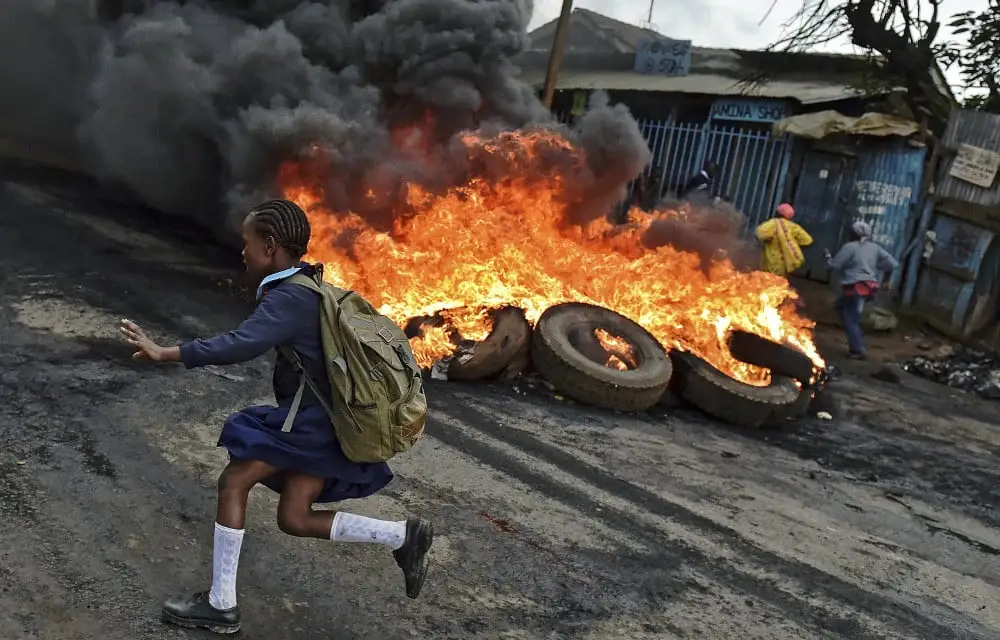
This tension escalated into widespread unrest, highlighting the influence of ethnic affiliations, which often shape political allegiances in Kenya and amplify divides during elections.
Similarly, in Ivory Coast’s 2010 election, disputed results led to intense violence as political figures mobilized ethnic support bases, resulting in a crisis that displaced thousands and underscored the perils of ethnically polarized politics in fragile democracies.
Ethiopia’s 2020 election was postponed due to the COVID-19 pandemic but led to violent conflict, rooted in longstanding ethnic and regional grievances.
The political rivalry between the federal government and the Tigray People’s Liberation Front (TPLF) erupted into civil war, underscoring how unresolved ethnic and regional issues can spiral into prolonged conflict under the strain of contentious elections.
Nigeria’s 2019 elections saw significant violence, largely stemming from political competition, communal tensions, and doubts about the independence of its electoral bodies.
Widespread violence and intimidation tactics disrupted the voting process, revealing the weaknesses within Nigeria’s electoral management systems and the importance of credible institutions in preventing electoral violence.
Mozambique’s recent unrest diverges from these examples in some respects, though it shares underlying similarities with other cases.
The violence was sparked by opposition groups alleging electoral fraud in favor of the ruling party, FRELIMO, amid longstanding grievances over political exclusion and regional disparities.
In the country’s northern regions, insurgencies and economic marginalization have fueled resistance movements, making post-election violence more complex as political dissent merges with broader social grievances.
While Mozambique’s situation mirrors other African cases in its roots of political exclusion and mistrust in electoral bodies, the mix of insurgency and socio-economic disparity adds a layer of complexity that sets it apart.
Botswana has long been viewed as a democratic success story in Africa, maintaining a stable government and peaceful elections even as many neighboring countries grapple with post-election violence.
This year’s election, however, comes amid mounting challenges that could disrupt the country’s historical calm. Rising economic inequality and high youth unemployment are fueling discontent among young people, who are increasingly questioning the government’s effectiveness.
There is a growing sense of disconnect between the ruling elite and the broader population, with demands for more transparency, accountability, and economic inclusivity.
Political divides within the ruling Botswana Democratic Party (BDP) and the growing strength of opposition coalitions also point to a shifting landscape. As the BDP faces internal fragmentation, Botswana’s decades-long dominance by a single party may be tested.
If electoral processes are perceived as biased, or if the government does not address widespread grievances, there is a risk of tension rising.
Further complicating matters, Botswana’s diamond-dependent economy is facing global pressures, underscoring the need for economic diversification.
How the government handles these issues will likely shape the public’s response to the election outcome, making this election a potential turning point.
Botswana’s stability could be reaffirmed—or, if these issues go unaddressed, strained—in ways previously unseen in the country’s democratic history.


